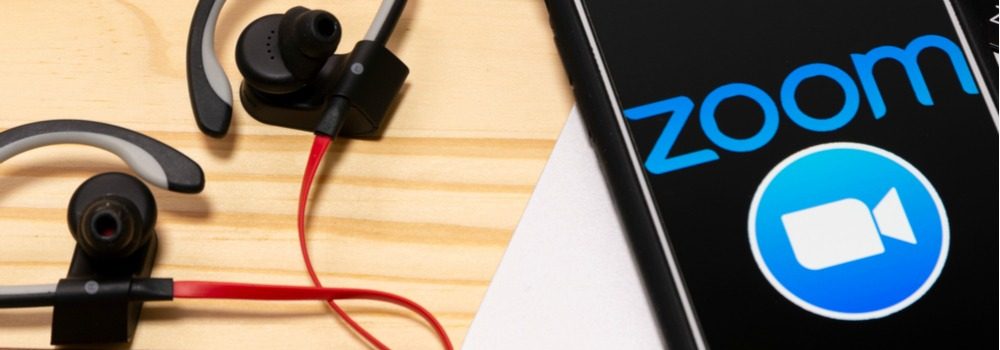That was the topic of conversation in the latest of our free online series of events for writers, which took place on Wednesday 7 October 2020 to mark Black History Month.
Speakers Nadine-Marsh Edwards, Anna Ssemuyaba, Avril E. Russell and Carol Russell spoke candidly about their own experiences, and shared insights on overcoming barriers and making it as a screenwriter. They offered the following tips.
- Be prepared to have staying power and a belief in yourself. It’s a tough industry and as a writer you sometimes feel like you have little control, but finding other people like you will help – there is strength in numbers.
- Know your purpose, know what stories you want to tell – and let that guide you.
- There are many types of writers and it doesn’t matter which type you want to be. You might have a story you want to tell or be a writer who wants to make a living writing episodes for existing shows, or do both. There’s a particular pressure for black writers to have a USP, but you should go your own way.
- The arrival of giants such as Netflix has broadened opportunities for black voices, and so has social media which is a valuable way to make connections and broadcast your own work, eg on Vimeo or YouTube. Some agents will put shoutouts to potential clients on social media – keep an eye out for those agents who are willing to take a punt.
- The Noughties was a particularly difficult decade for black writers. There has also been a strong assumption in the past that if you’re a black writer, you will want to write black projects. If broadcasters are not commissioning black projects, that is a huge barrier, but in the past five years the tide has started to turn.
- Your agent is your advocate in the room – you only get one chance to send that email to a potential agent. Do your research and view it like a marriage – make sure you find the right match. Contact an agent only when you are ready and, when you do get an agent, be involved as much as possible – ask them to copy you in on everything.
- The emergence of writers rooms is creating opportunities for black writers to learn their craft – but there is a danger that older writes with experience aren’t being included. New writers aren’t always young writers, and that is another barrier and area of under-representation. Experienced voices can bring a lot to the room.
- The assumption that you have to write soaps before moving to primetime drama isn’t always true – there are no real rules or stepping stones.
- The trend for writer-performers means you’re an easier asset to “sell” in business terms and if you’re a performer, it helps your pitch come to life. It gives you an additional bit of “stardust”, but that shouldn’t put you off if you’re not a performer – always do what excites you, what gets you out of bed. Play to your strength and whatever your strength is, go for it.
The event was organised by the WGGB equality and diversity committee which is planning more Zooms. If you have ideas of events you’d like to see in this series, please email ED@writersguild.org.uk.
Photo: Shutterstock.com/JulioRicco

